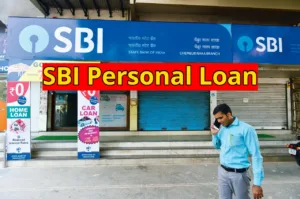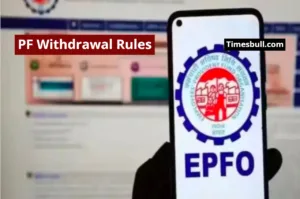Employees who work for a long time in private or government institutions are given gratuity as a financial gift by the organisation in return for their service. To get the benefit of gratuity, an employee must work continuously for at least five years in the same institution. If a person leaves the job or changes institutions before completing five years, they do not get the gratuity benefit. Also, gratuity is given only in institutions where 10 or more employees are working and where the ESIC facility is available.
How Is the Gratuity Amount Decided?
The amount of gratuity is based on the employee’s last monthly salary at the time of retirement. The salary of 15 days from the last month is divided by 26 and then multiplied by the number of years of service. Based on this calculation, the total gratuity amount is determined.
Income Tax Exemption for Gratuity
The maximum gratuity amount of Rs 20 lakh is exempt from income tax.
Gratuity as a Loan
If an employee faces an emergency after completing five years of service, they can get the gratuity amount in the form of a loan. However, the final settlement of the gratuity happens only when the employee retires or leaves the company.
Is There a Limit to Gratuity Money?
Let’s talk about how much gratuity you can get. The law sets a maximum limit for gratuity, which is currently Rs. 20,00,000. But here’s the good news: If your job contract or an agreement promises more, you can claim that amount instead.
In simple terms, there’s a limit, but if your job offers a better deal, you get the better amount.
Does Gratuity Have an Age Limit?
Now, let’s discuss age and gratuity. The law doesn’t say you need to retire at a certain age to get gratuity. It’s more about how long you’ve worked. Even if your retirement age changes from 58 to 60, it won’t affect your gratuity. As long as you’ve worked for five continuous years, you’re eligible, even if you work longer.
In simple terms, if you’ve worked loyally for five years (or more), you’ll get gratuity until your last day of work.










